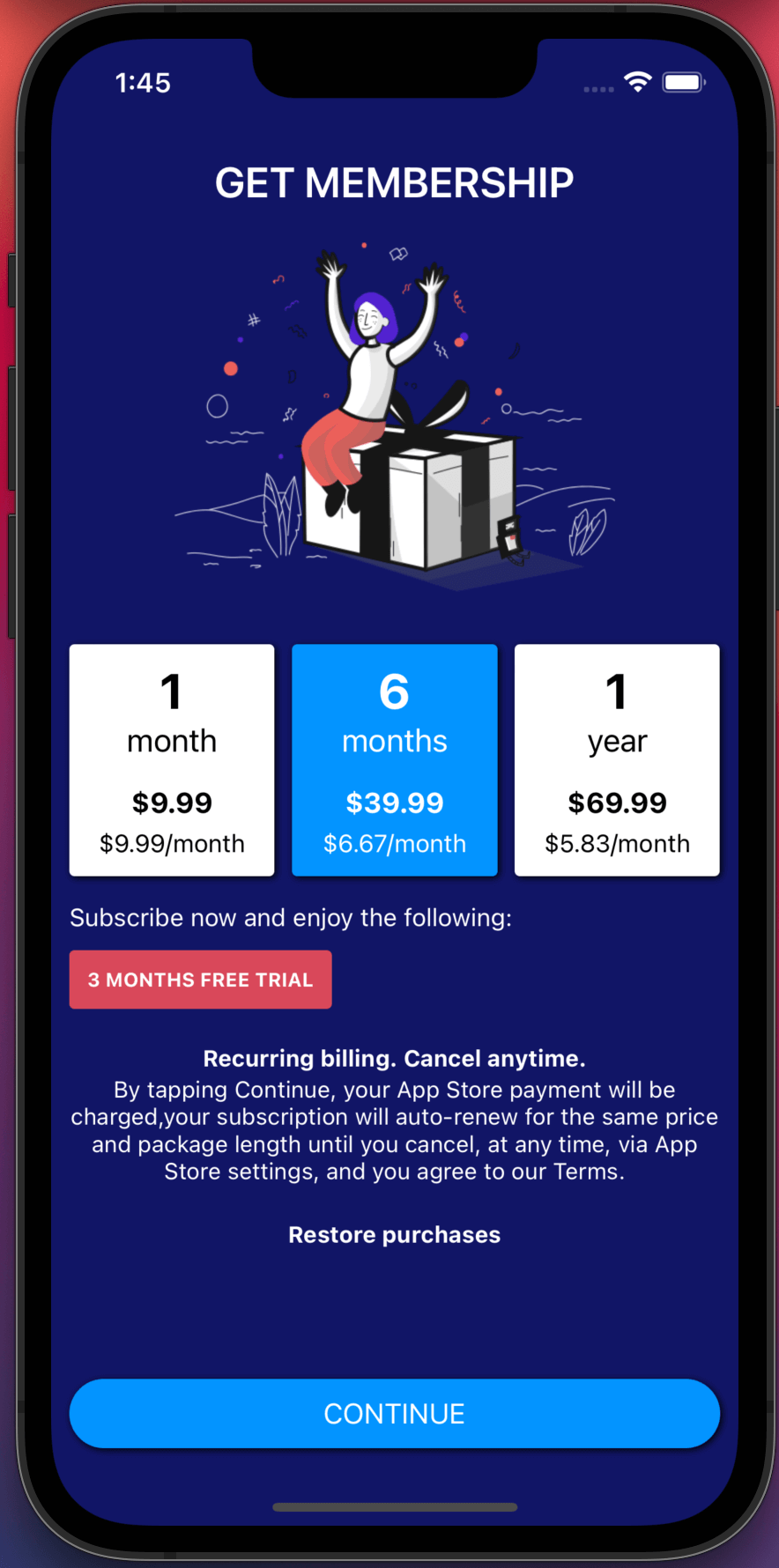We're happy to introduce two new features for your IAPHUB products!
Available now on:
Product Localized Title and Description
You can now define the title and description of your products directly from the IAPHUB dashboard in all the languages your app supports.
To do this, start by editing your products on the IAPHUB dashboard and setting the title and description in each supported language.
Then, simply provide the language ISO code to the lang property in the start method of the IAPHUB SDK, and the localizedTitle and localizedDescription properties of your products will be loaded from IAPHUB instead of coming from Google or Apple (the default behavior).
If you need to update the user language, you can use the setLang method.
Product Metadata
You can now define metadata for your products on the IAPHUB dashboard.
Metadata is structured information represented as key/value pairs, where each key is a string corresponding to a specific attribute of the product (such as 'credits' or 'category'), and each value is also a string that provides the relevant details (such as '100' or 'premium').
To do this, start by editing your products on the IAPHUB dashboard and setting the metadata properties of each product.
After doing so, the product metadata will be returned by the IAPHUB SDK along with all the other properties of the product.
With these new features, managing your products has never been easier. We hope you enjoy the enhanced flexibility and customization options!

